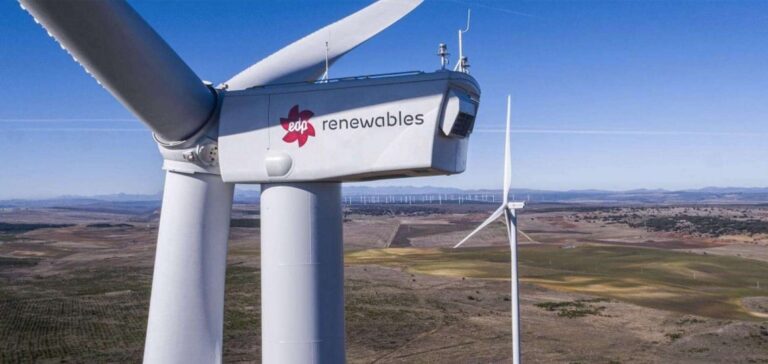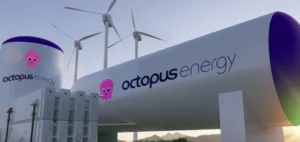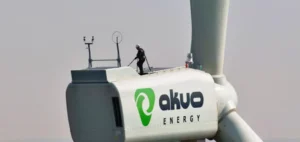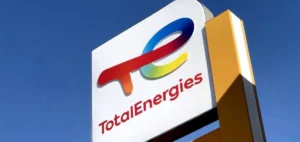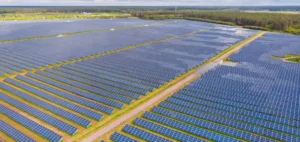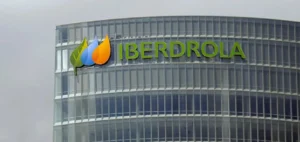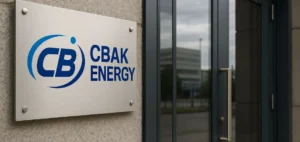EDP Renováveis is working on reducing the timeframe for the issuance of its Renewable Origin Certificates (I-RECs) in Brazil. Thus, the delay, initially between 40 and 50 days, is reduced to a maximum of one week. The company, a pioneer in this field, represents the first success story of this new functionality.
Modernization of the sector
EDP Renováveis carries out this process with Way2 and Totum Institute. Way2 is a technology solutions company for real-time energy measurement and management. Totum, on the other hand, is a company issuing and managing the certificates in Brazil.
The reduction of the issuance time of these I-REC certificates goes hand in hand with the modernization of the sector. In addition, this new potentiality ensures the adhesion of the customers with the proof of a 100% renewable consumption. Alexandre Gomes Cera, Head of Energy Management at EDP Renováveis says:
“EDPR’s participation in this action, reinforces our position as a leader in the I-RECs market and demonstrates the confidence other market agents have in the company.”
An approach in line with EDP Renováveis’ commitments
This approach also allows EDP Renováveis to comply with its strategic commitments. These include practices that contribute to social, environmental and governance improvement. Thus, with faster I-REC issuance, customers can more quickly prove the source of the energy produced.
It is possible to have a quick confirmation of a 100% renewable energy use. The company is also excited to be a leading figure in the industry in Brazil. In this sense, it contributes greatly to the mission of producing clean energy in the country.

